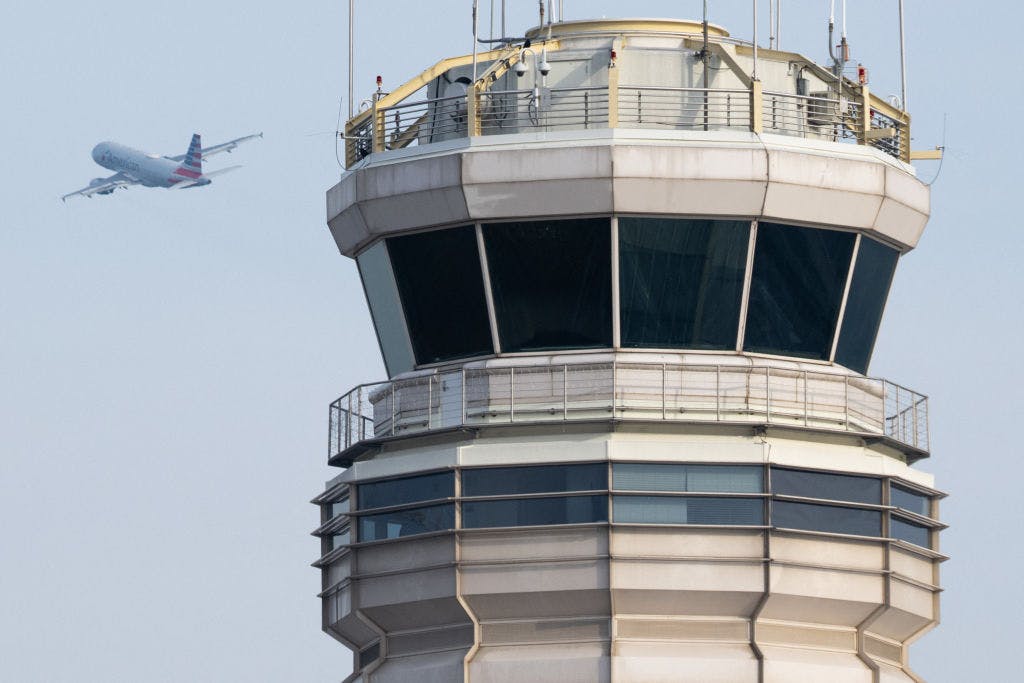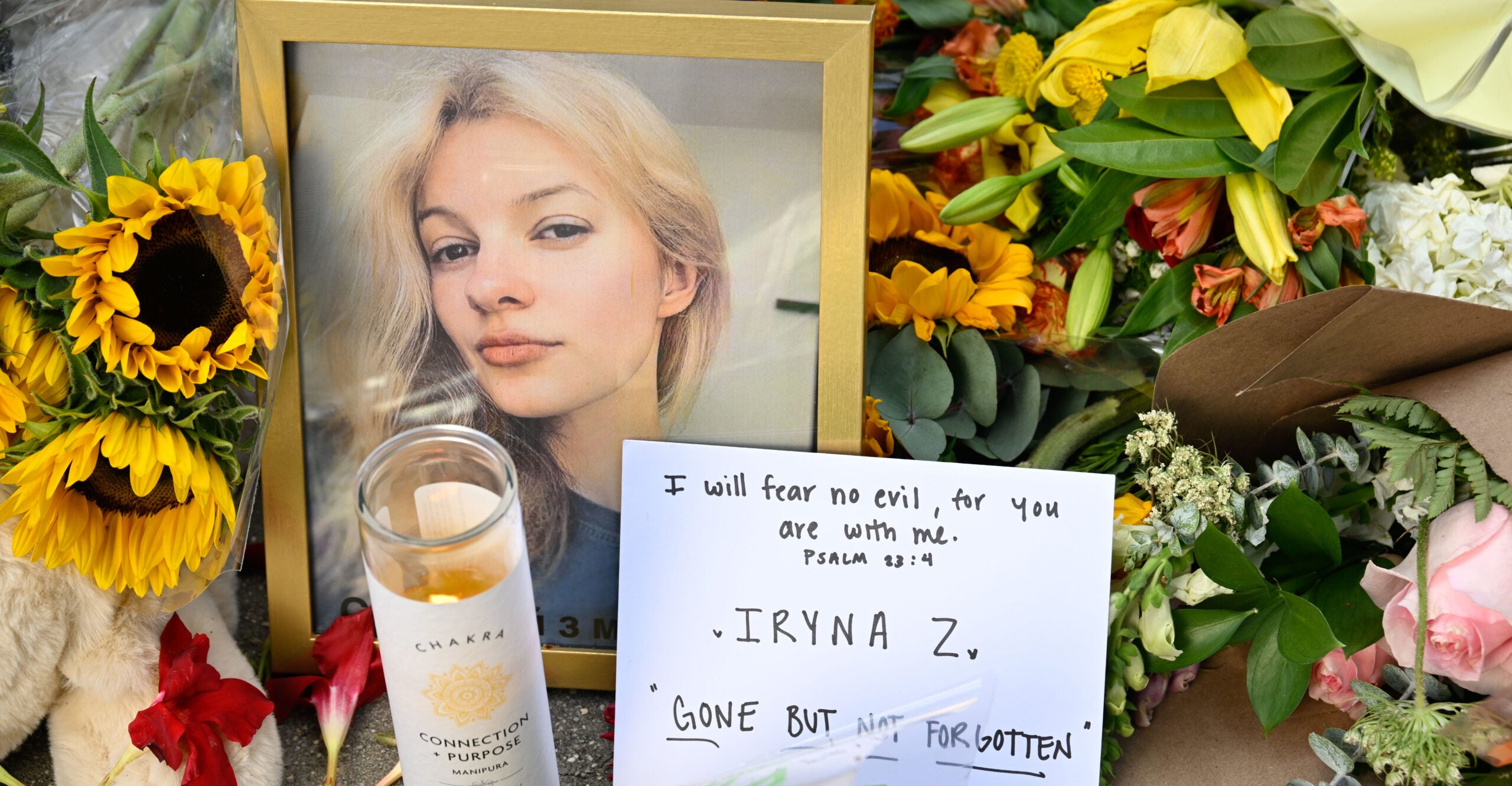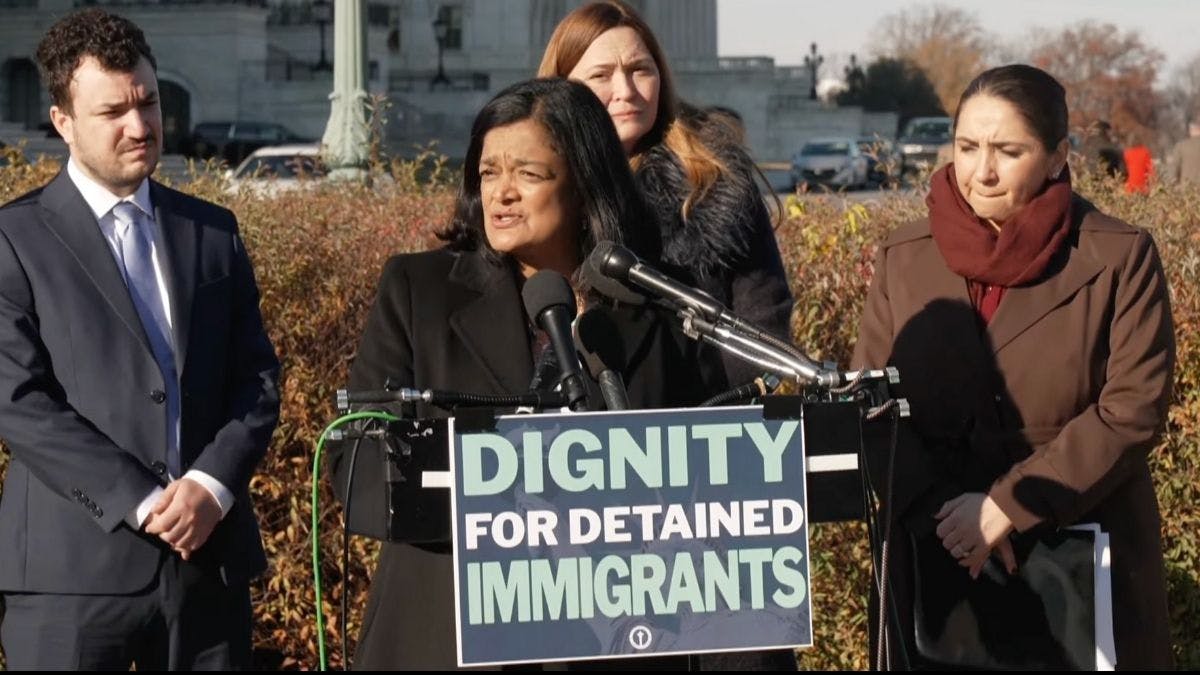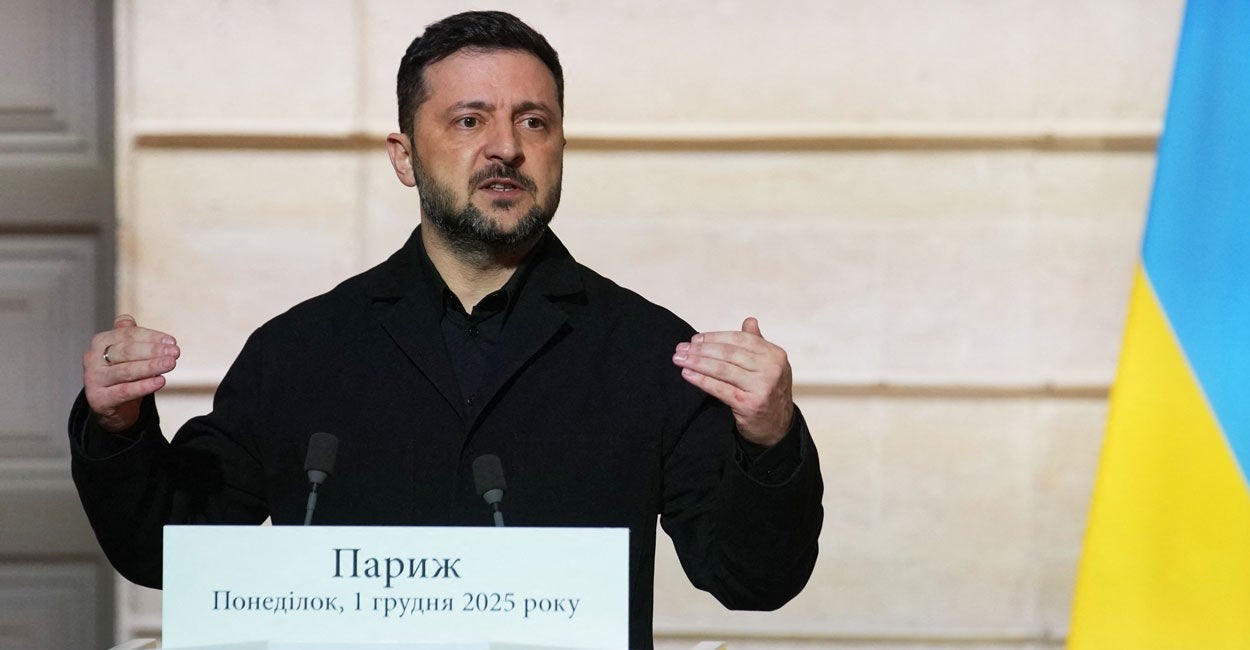Why the US Must Confront Terror Proxy Polisario Front
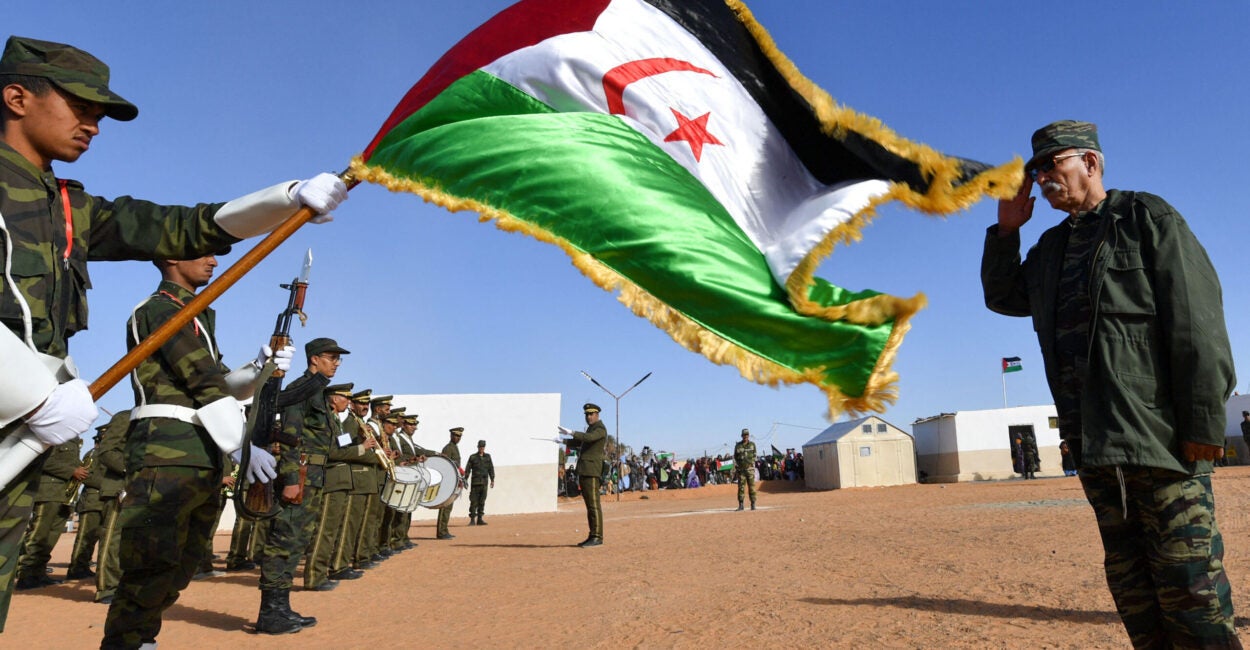
In April, Rep. Joe Wilson, R-S.C., vowed to introduce legislation designating the Algeria-backed Polisario Front as a terrorist organization. In doing so, he set a litmus test for Washington’s willingness to confront terror proxies dug in on NATO’s southern flank.
Today, Polisario fighters field Iranian-type drones, share desert corridors with Russian proxies’ supply convoys, and tax smuggling routes that feed Sahel jihadists. All this takes place within missile range of the Strait of Gibraltar, one of the world’s most critical maritime choke points.
America has ignored this threat before. In 1988, Polisario missiles brought down two U.S. Agency for International Development aircraft, killing five Americans—and the U.S. failed to respond with sanctions.
Now, Wilson’s proposed bill forces Washington to make a choice: prolong indulgence or finally recognize the Polisario Front as the proxy threat it has become.
Since the 1988 incident, the strategic environment has changed profoundly. In November 2020, Polisario unilaterally withdrew from the U.N.-brokered 1991 Western Sahara ceasefire. Then, its leaders declared the area a “zone of war;” resumed rocket attacks along Morocco’s 1700-kilometer berm; and warned that foreign consulates, airlines, and companies were “legitimate targets.”
Polisario’s threats rest on a foundation of Algerian sanctuary plus three mutually reinforcing pillars: Iranian military assistance, a growing Russian influence network, and a mature trans-Sahel illicit economy that overlaps with jihadist financing streams.
Algeria’s long-standing sanctuary provides the enabling condition. Polisario’s governing bureau and several brigade-sized units operate from camps around Tindouf, on Algerian soil, beyond the reach of Moroccan forces and international monitors. This safe haven allows the group to stockpile ordnance, experiment with new systems, and cultivate external sponsors at minimal risk.
Algerian military aid and budgetary subventions—which cover everything from Washington lobbying budgets to earmarked funds—underwrite administrative operations and payroll, without which the insurgent group could not sustain an armed infrastructure of this scale.
Although roughly 8,000 Polisario fighters are currently active, defense assessments warn that the Algerian-based Polisario camps could mobilize up to 40,000. That’s a manpower pool that Polisario commanders can draw on and which jihadist recruiters have already probed.
Iran also plays an increasingly well-documented role in supporting Polisario. The affinity dates back at least to 1980, when Polisario guerrillas posed for international cameras holding a portrait of Ayatollah Khomeini—marking an early bid for revolutionary credentials and Iranian patronage.
Operational collaboration is already on record: in 2018, the French magazine Jeune Afrique named three Hezbollah officers as trainers who had rotated through Tindouf. Until his death in a November Israeli airstrike in Syria, one of those had faced U.S. terrorism sanctions for masterminding the 2007 Karbala raid that killed five American soldiers.
But Tehran is believed to have since moved from instruction to hardware. In a livestreamed 2022 appearance, Polisario “interior minister” Omar Mansour stated that his fighters were “training on assembling and operating armed drones.” Thirteen months later, Polisario-run social media channels published photographs of munitions that internet sleuths and weapons researchers identified as Iranian-type.
Regional media reports likewise tied the same Iranian-type munitions to strikes that killed three civilians in Samara in 2023. Western intelligence transcripts cited by the German daily WELT describe an encrypted call on Oct. 23, 2023, in which Polisario envoy Mustafa Muhammad Lemine al-Kitab congratulated a Hezbollah liaison on Hamas’s Oct. 7 assault, pledging that “resistance … [would] flare in Western Sahara” once additional funds and technology arrived.
Meanwhile, Moscow has been quietly but persistently engaging Polisario. Polisario delegates have appeared regularly at Anti-Globalization Movement of Russia conferences since 2015, events funded by the Kremlin and organized by Aleksandr Ionov (who was indicted by the U.S. Justice Department in 2022 for running an FSB influence operation).
A 2016 photograph shows Polisario’s Moscow representative, Ali Salem Mohamed Fadhel, standing shoulder-to-shoulder with veterans of Donbas separatist militias, the same pool from which Wagner later drew many of its first Syrian recruits.
Direct arms transfers or operational coordination between Moscow’s armed proxies and Polisario remain unverified, but Wagner convoys now entrenched in Mali and Niger travel the same desert corridors long controlled by Polisario-linked smugglers, creating a latent logistics channel the Kremlin could activate.
Polisario’s long-standing role in the Sahel-Sahara illicit economy now feeds directly into jihadist finance and talent pipelines. Sahrawi commanders move bulk hashish east, cocaine north, and Libyan weapons west, with transit “taxes” flowing to al-Qaeda in the Islamic Maghreb.
This creates a pattern the Department of Defense-affiliated Africa Center for Strategic Studies warns could give terrorist groups the opening they seek to reassert themselves.
A 2010 Small Arms Survey report traced Mauritanian weapon caches back to Polisario stores, while a 2012 Carnegie study mapped Sahrawi-brokered cocaine convoys that later bankrolled extremist cells. Those routes still converge at Tindouf, now a desert hub where traffickers, Polisario logisticians, and terrorist couriers swap loads and intelligence.
This fusion is personified by Adnan Abu Walid al-Sahrawi, trained within Polisario’s ranks before founding the Islamic State in the Greater Sahara, orchestrating raids across Mali and Niger before French forces killed him in 2021. Earlier kidnappings and drug busts traced ransom trails back to the same Sahrawi networks, underscoring how factions of an ostensibly nationalist movement now function as a service station for jihadist finance and manpower.
As its arsenal grew, Polisario’s rhetoric kept pace: In November 2021, Polisario’s press agency issued a communiqué warned more than a dozen Spanish companies, including Siemens Gamesa and Acciona, which employ thousands of Americans, to withdraw from Western Sahara, declaring the “entire territory will be turned into fire and war.”
Polisario’s language intensified over time, first at an April 2024 investment forum in Dakhla, where an envoy threatened “loss of life and property,” and again in April 2025, when the group declared that any investor or tourist entering the Sahara would no longer “be considered innocent or civilian.”
Iran’s own language sets a wider context. On Dec. 23, 2023, Revolutionary Guards Brig. Gen. Mohammad Reza Naqdi threatened that Iran could “close the Mediterranean Sea and the Strait of Gibraltar” if the U.S. and its allies persisted in Gaza, an explicit reminder that hostile powers see the Western Mediterranean as strategic leverage. Allowing an Iranian proxy entrenchment just south of Gibraltar would simply give Tehran an additional coercive tool.
Both Trump administrations have endorsed Morocco’s autonomy plan as the “only feasible solution” for resolving the Western Sahara issue. But that diplomatic track must be matched by a security policy that confronts the reality of an armed and violent Polisario network that’s now plugged into Iranian proxy circuits, Russian influence brokers, and Sahel-wide terrorist and contraband networks.
The Houthi precedent shows how, if unchecked, a movement initially dismissed as a local insurgency can evolve into a fully-fledged proxy force. If Washington intends to secure its long-term strategic interests in the Western Mediterranean, it cannot allow North Africa to follow that trajectory.
Instead, it should list Polisario as a Specially Designated Global Terrorist under Executive Order 13224.
That order allows the U.S. government to sanction entities that commit or pose a significant risk of committing acts of terrorism, freezing their U.S.-linked assets and blocking transactions worldwide.
This listing would accompany, rather than replace, other counterterrorism measures already at hand, providing the U.S. with legal authority to freeze assets, restrict travel, and signal that emerging proxy threats will be met before they metastasize.
In 1988, Washington gave Polisario a pass, brushing off its capacity for violence as a minor footnote. Repeat that mistake today, and the bill will come due in lives and dollars. Instead, the U.S. should confront this threat head-on by listing Polisario as a Specially Designated Global Terrorist.
The post Why the US Must Confront Terror Proxy Polisario Front appeared first on The Daily Signal.
Originally Published at Daily Wire, Daily Signal, or The Blaze
What's Your Reaction?
 Like
0
Like
0
 Dislike
0
Dislike
0
 Love
0
Love
0
 Funny
0
Funny
0
 Angry
0
Angry
0
 Sad
0
Sad
0
 Wow
0
Wow
0























































